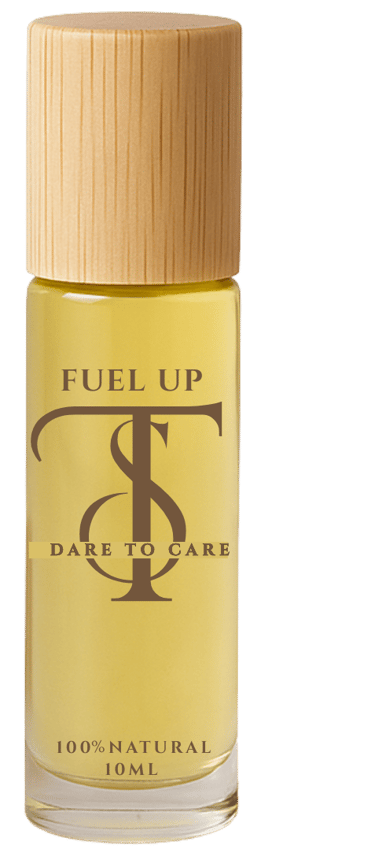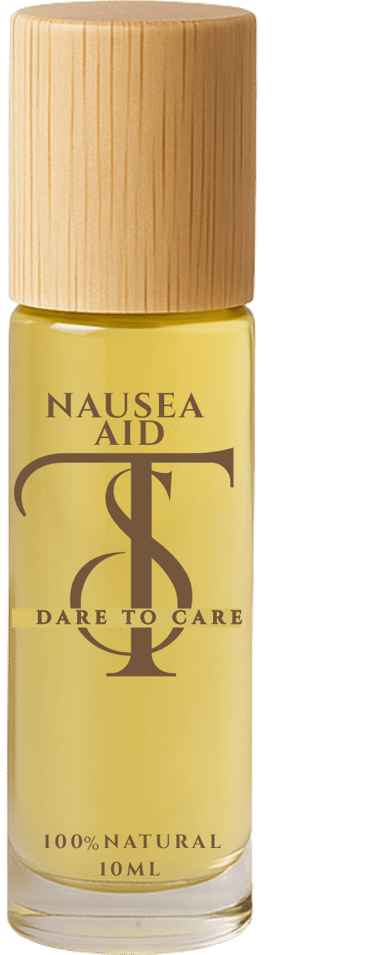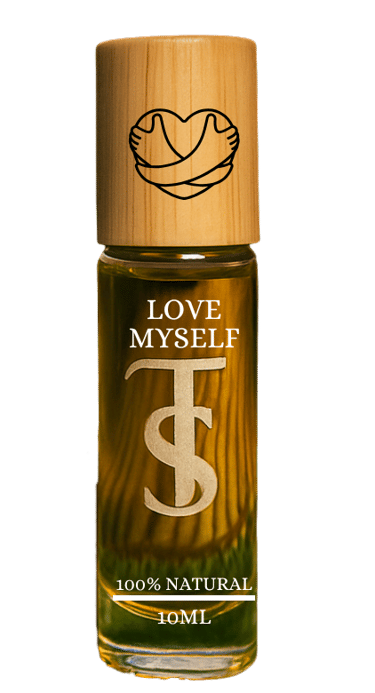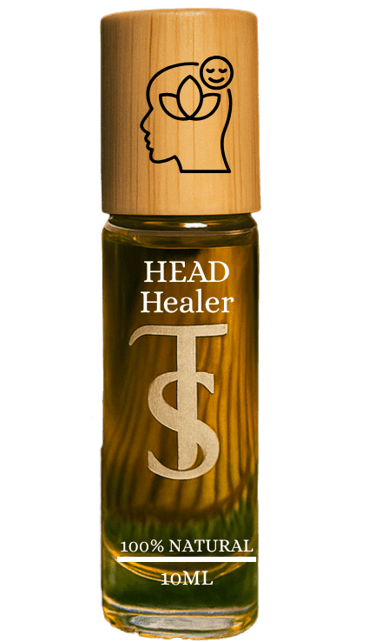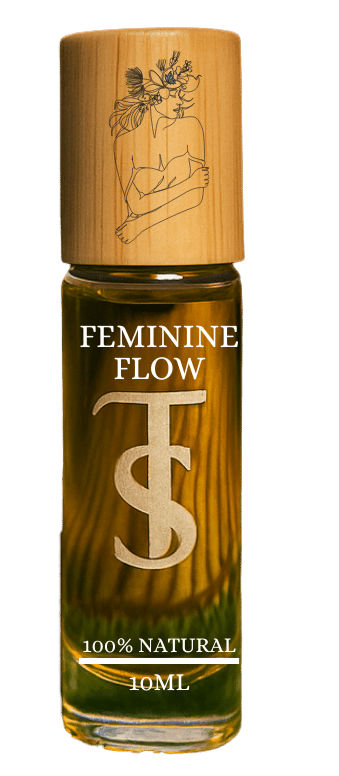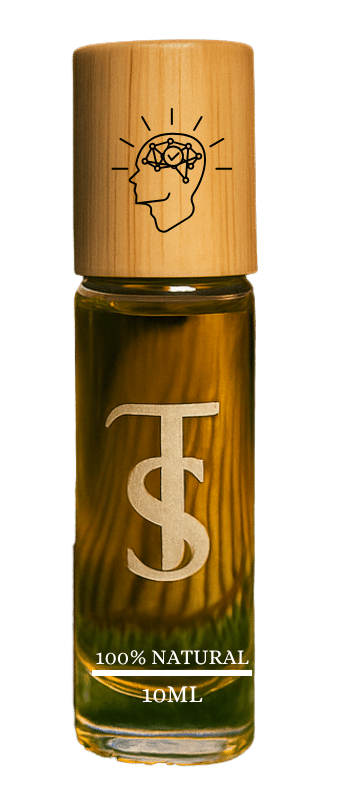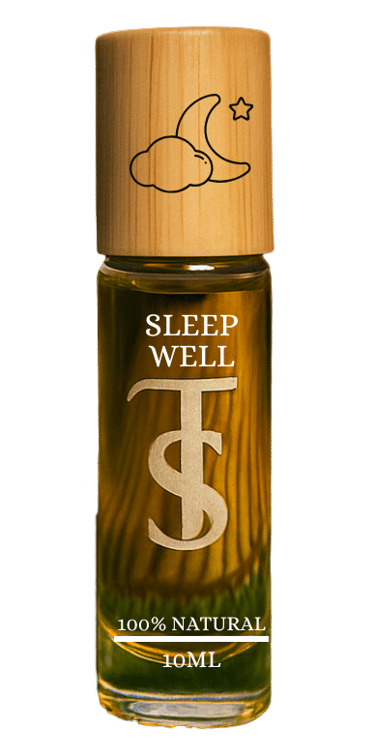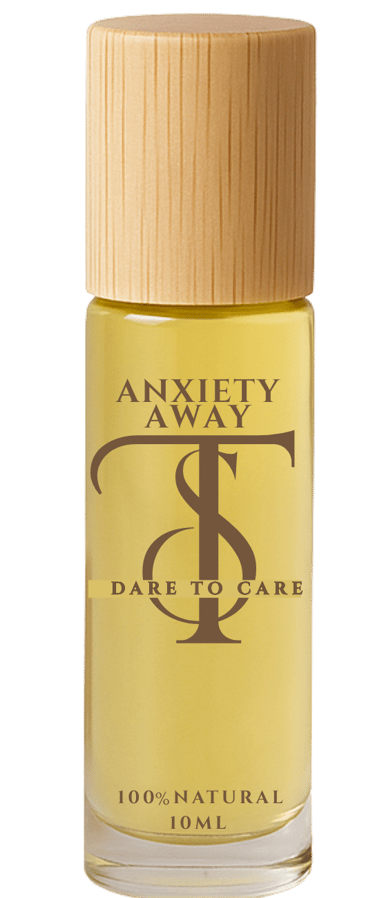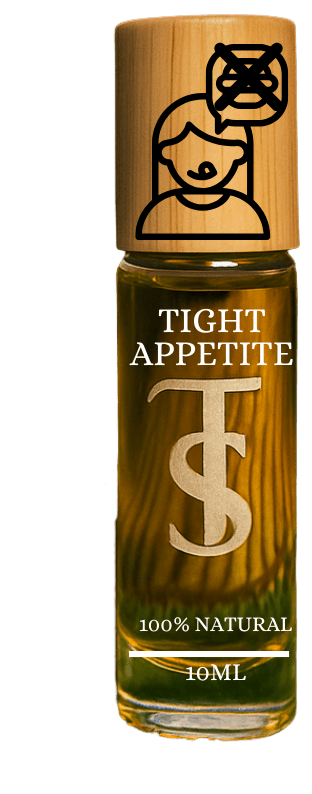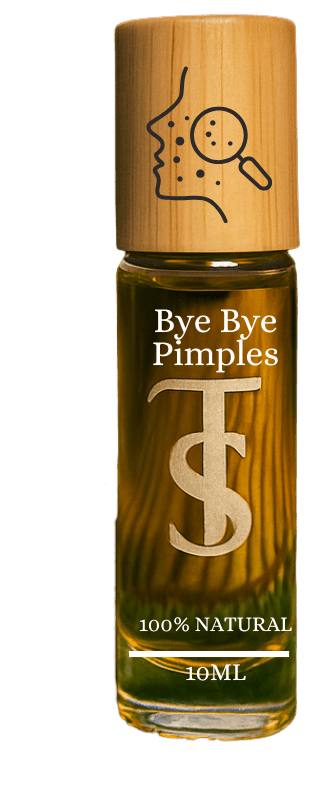Molecular Interaction: Essential oils contain various chemical compounds that can interact with receptors in your body. For example, some compounds can bind receptors in the brain that regulate mood and emotions, leading to feelings of relaxation or rejuvenation.
Nervous System Modulation: Certain essential oils can affect the nervous system by either stimulating or calming it down. For instance, lavender oil is known to activate the parasympathetic nervous system, which promotes relaxation and reduces stress.
Hormonal Influence: Some essential oils can influence hormone production in the body. For example, clary sage oil is believed to have estrogen-like effects, which may help regulate menstrual cycles and alleviate symptoms of menopause.
Anti-Inflammatory Effects: Many essential oils possess anti-inflammatory properties, which can help reduce inflammation throughout the body. This can be beneficial for conditions such as arthritis, muscle soreness, and skin irritations.
Antimicrobial Action: Certain essential oils exhibit antimicrobial activity, meaning they can help kill or inhibit the growth of bacteria, viruses, and fungi. This makes them useful for treating infections and boosting the immune system.
Emotional Connection: Scent is closely linked to memory and emotion, so certain essential oils can evoke positive feelings and memories. This can be particularly helpful for managing stress, anxiety, and depression.

